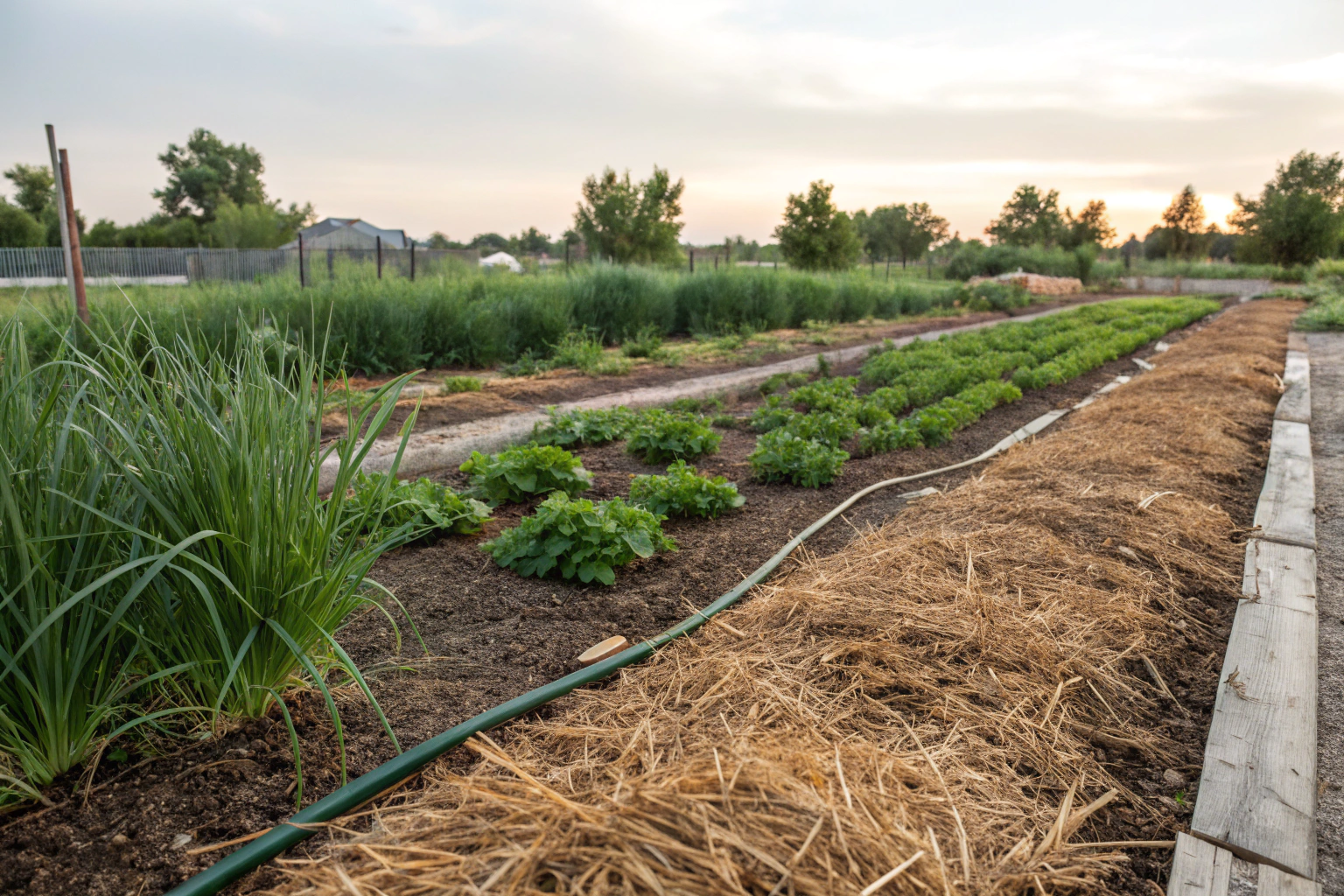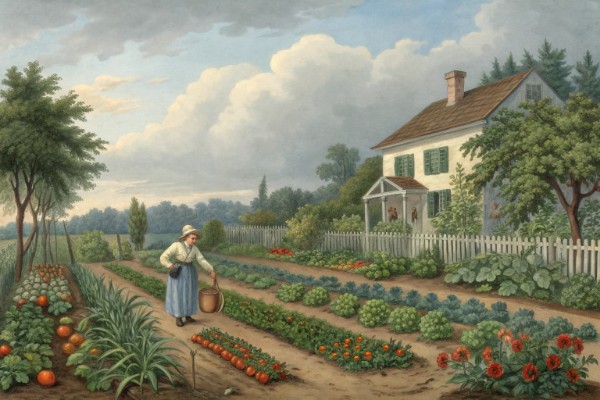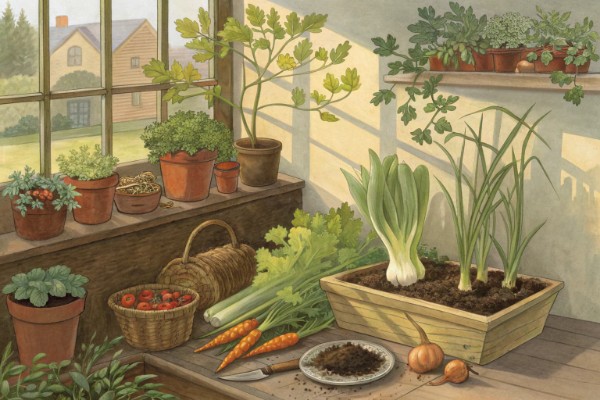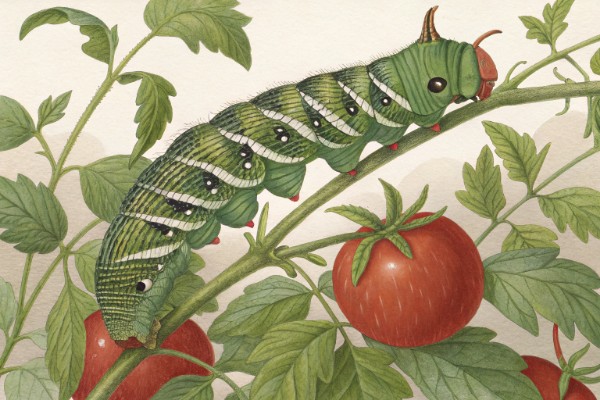Water Conservation: A Holistic Approach to Sustainable Gardening
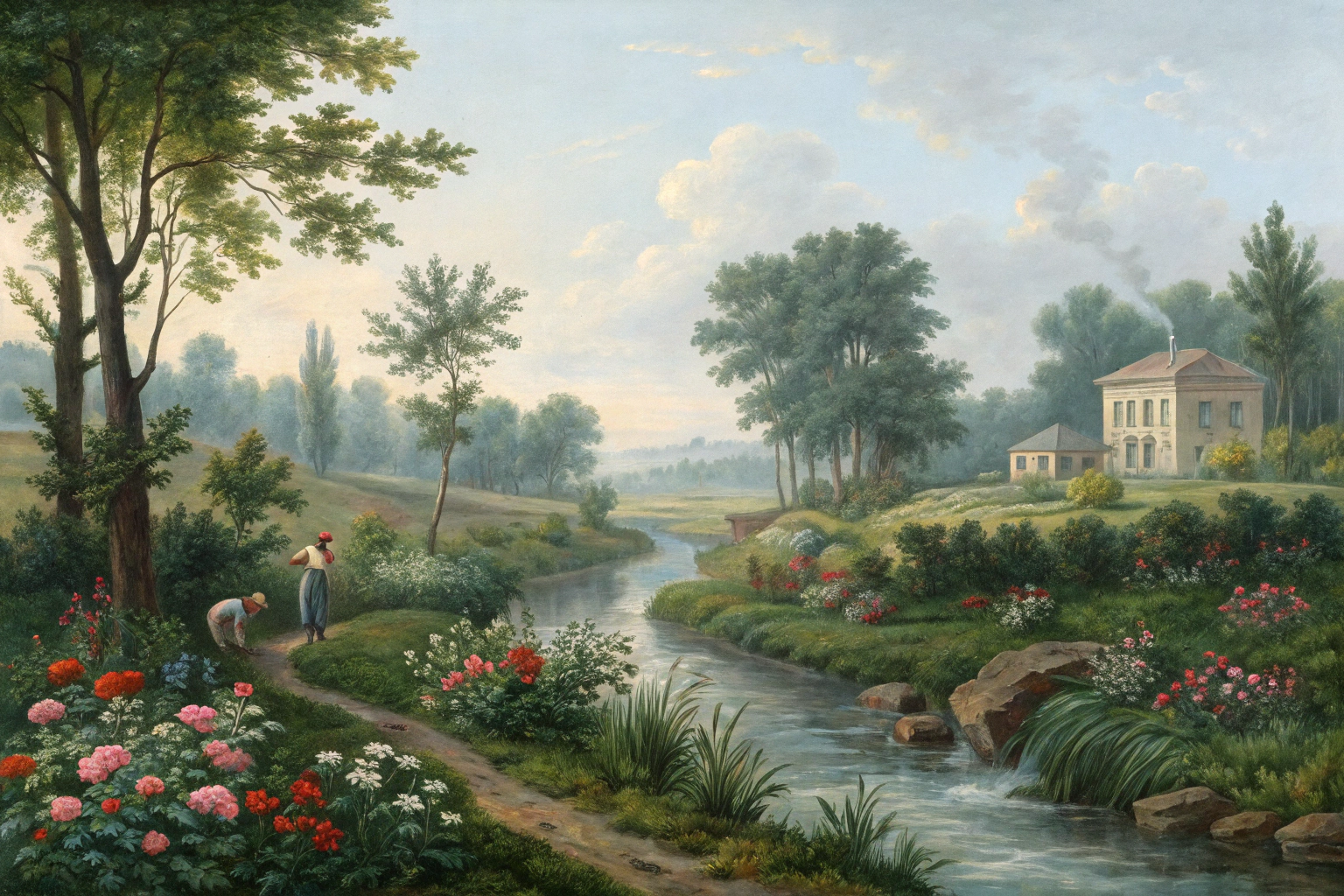
Water Conservation
Water conservation starts at your garden gate: mulch generously, water early, and choose native plants to slash use by up to 50%. Smart irrigation alone can trim outdoor watering by another 30%, making water conservation an easy habit worth cultivating. Explore a holistic approach to sustainable gardening that nurtures growth, attracts wildlife, and keeps your garden thriving without wasting a drop.
Table of Contents
Why Water Conservation Matters in Your Garden
Living in California, I've learned firsthand the value of water conservation. A blistering summer—think 100°F (38°C) heat—once made quick work of my thirsty roses, and left me questioning traditional watering methods.
The good news? With mindful strategies, any garden can flourish beautifully with less water.
Choosing the Right Plants: Making Thoughtful Selections
Before planting, pause and assess local conditions. Native plants adapted to your climate spend less water while thriving effortlessly.
I swapped thirsty hydrangeas for drought-tolerant beauties like yarrow and Mexican feather grass—the results spoke loudly and clearly.
Consider Xeriscaping
Xeriscaping combines water-conscious design with region-specific plants. My southern California wildflower meadow hardly needed supplemental watering after the first season.
- Succulents—like Agave and Sedum—create striking focal points and barely sip water.
- Grasses such as Blue Oat Grass add movement and texture, thriving in both heat (over 90°F/32°C) and modestly watered conditions.
Soil Health: The Key to Efficient Water Use
Healthy soil makes the difference. Compost and organic matter increase the soil's water-holding capacity, preventing runoff and evaporation.
Two autumns ago, I enriched my veggie beds with hearty mushroom compost—watering became less frequent, and the soil felt spongier to the touch.
Mulch, Mulch, Mulch
I learned quickly that a generous mulch layer—three inches (7.6 cm)—is your soil's best friend. Pine straw, leaves, or wood chips trap moisture, slow evaporation, and control weeds simultaneously.
Plus, mulch breaks down slowly over time, contributing nutrients back into the soil—a self-sustaining bonus.
Water Smarter, Not Harder
Watering at peak sun? Rookie mistake—one I've admittedly made myself. Early mornings or late evenings ensure maximum absorption with less waste through evaporation.
Drip irrigation changed how I garden—each drop goes directly where needed. It's efficient, affordable, and saves buckets of water over sprinkler systems.
"Drip irrigation systems use 20 to 50 percent less water than conventional sprinklers." – EPA
Collect and Reuse Rainwater
Last rainy season (rare but glorious in sunny LA), I installed rain barrels beneath my gutter downspouts. Surprisingly easy and inexpensive, collection provided clean, beneficial rainwater for my tomatoes—pure gardening bliss.
Design Thoughtfully: Grouping Plants by Thirst Levels
Plant choices aren’t enough on their own. Arranging by similar water needs makes targeted watering simpler and reduces unnecessary waste.
- Group drought-tolerant plants like lavender and sages.
- Cluster moisture-loving veggies like cucumbers and greens together separately.
I created "watering zones" in my yard—making watering sessions quicker, easier, and more sustainable.
Small Changes, Big Impact
Adopting these holistic approaches significantly slashed my water usage. My water bill shrank noticeably, yet my garden thrived brighter than before.
"Outdoor watering accounts for nearly 40 percent of household water use in warmer climates." – EPA
With thoughtful planning and ongoing care, water conservation can feel effortless—even second nature—in any garden.
Cheatsheet: Efficient Water Use for Thriving Gardens
🌱 Choose Climate-Appropriate Plants
- Drought-tolerant natives need 60% less water.
- Use grouping (hydrozoning) for similar water needs.
💧 Water Smartly
- Deep, infrequent watering fosters strong roots.
- Water early morning (before 10am/38°C, 100°F).
- Drip irrigation reduces water use by up to 50%.
🛡️ Retain Moisture
- Mulch (2-3 in/5-8 cm) slows evaporation, suppresses weeds.
- Compost improves soil, holds up to 20% more moisture.
🌤️ Shade and Wind Barriers
- Plant trees or install shade cloth to lower soil temp.
- Hedges/windbreaks reduce moisture loss by up to 25%.
⚡ Boost Efficiency
- Rain barrels collect 1,300 gal (4,921 L) from 1,000 sq ft (93 m²) roof/year.
- Install soil moisture sensors for precise irrigation.
- Fix leaks—one drip/second = 3,000 gal (11,356 L) lost/year.
🌾 Health, Nutrition, Self-Sufficiency
- Plants with less water stress yield more vitamins.
- Efficient watering grows deeper roots, improving resilience and flavor.
🛠️ Tools and Products You'll Need
- Drip irrigation kit or soaker hoses
- Mulch (wood chips, straw, leaves)
- Rain barrel
- Compost or soil amendments
- Moisture meter or soil sensor
- Hand trowel
- Pruning shears
- Shovel
📝 Steps for Holistic Water Conservation
- Assess soil and light; group plants by water need.
- Install drip irrigation or soaker hoses close to plant roots.
- Apply mulch 2-3 in (5-8 cm) deep around roots.
- Collect rainwater in barrels; use for hand watering.
- Monitor with soil sensors; water when needed, not by schedule.
- Repair leaks and adjust spray heads to avoid overspray.
- Prune and harvest regularly to encourage new, efficient growth.
Frequently Asked Questions on Water Conservation for Sustainable Gardening
How frequently should you water plants to conserve water effectively?
Water plants deeply yet infrequently, allowing roots to reach down and strengthen. Let the soil dry slightly between waterings to stimulate resilience and curb overuse. This technique, known as deep watering, fortifies plant health while reducing your garden's thirst.
What's the smartest way to monitor garden moisture without gadgets?
Trust your senses. Sink your finger knuckle-deep into the soil; if it feels moist below the surface, wait. If earth crumbles dryly, it's time to drink. Observing your plants' leaves—drooping subtly or losing vibrancy—also whispers their need for hydration clearly.
Does mulching help conserve water in gardens?
Absolutely. Organic mulch forms a protective blanket atop your soil, reducing evaporation and keeping moisture where plants crave it most. Mulch also tempers soil temperature fluctuations, creating conditions of balanced hydration, fertility, and vitality.
Can selecting certain plants help reduce water use in gardening?
Indeed. Choosing native plants and drought-tolerant species minimizes water dependence dramatically. Plants adapted to local climates dance gracefully to nature's rhythms, thriving on rainfall alone once established, and rewarding you by slashing water consumption.
What irrigation methods make gardens thrive without wasting water?
Drip irrigation methods dispense water precisely, targeting plant roots directly rather than scattering water wastefully. Paired with careful timing—early morning or evening watering—these methods optimize hydration, eliminating excess and ensuring each drop is cherished.
Can rainwater collection meaningfully reduce garden water use?
Rainwater harvesting is gardening wisdom distilled. Placing well-positioned barrels to capture the sky's bounty during rainfall creates a reservoir of pure hydration. Utilizing collected rainwater lessens reliance on municipal sources and strengthens the bond between gardener and environment.
Water conservation is less about sacrifice and more about working with nature’s rhythms. Mulch deeply, plant smart, and learn when your soil truly needs a drink. Simple tools like a sturdy watering can or a reliable garden hose can make all the difference when used mindfully. Consider ground cover plants to keep soil cool and reduce evaporation. Every drop counts, and every small habit adds up. Water conservation isn’t a trend—it’s the backbone of sustainable gardening. Treat water like the precious resource it is, and your garden will thank you with resilience and abundance, season after season.
Find out which plants will thrive in your garden!
Answer a few fun questions and get custom plant recommendations perfect for your space. Let’s grow something amazing together!

start your season
